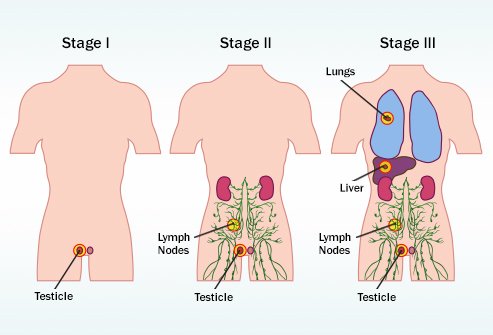
A tech-enabled global marketplace for urgent/emergency medical care. We specifically serve the oil & gas, mining & international industries.
How to get URL link on X (Twitter) App


 Today, we would be sharing a variety of foods and nutrients you can adopt to your diet moving forward.
Today, we would be sharing a variety of foods and nutrients you can adopt to your diet moving forward. 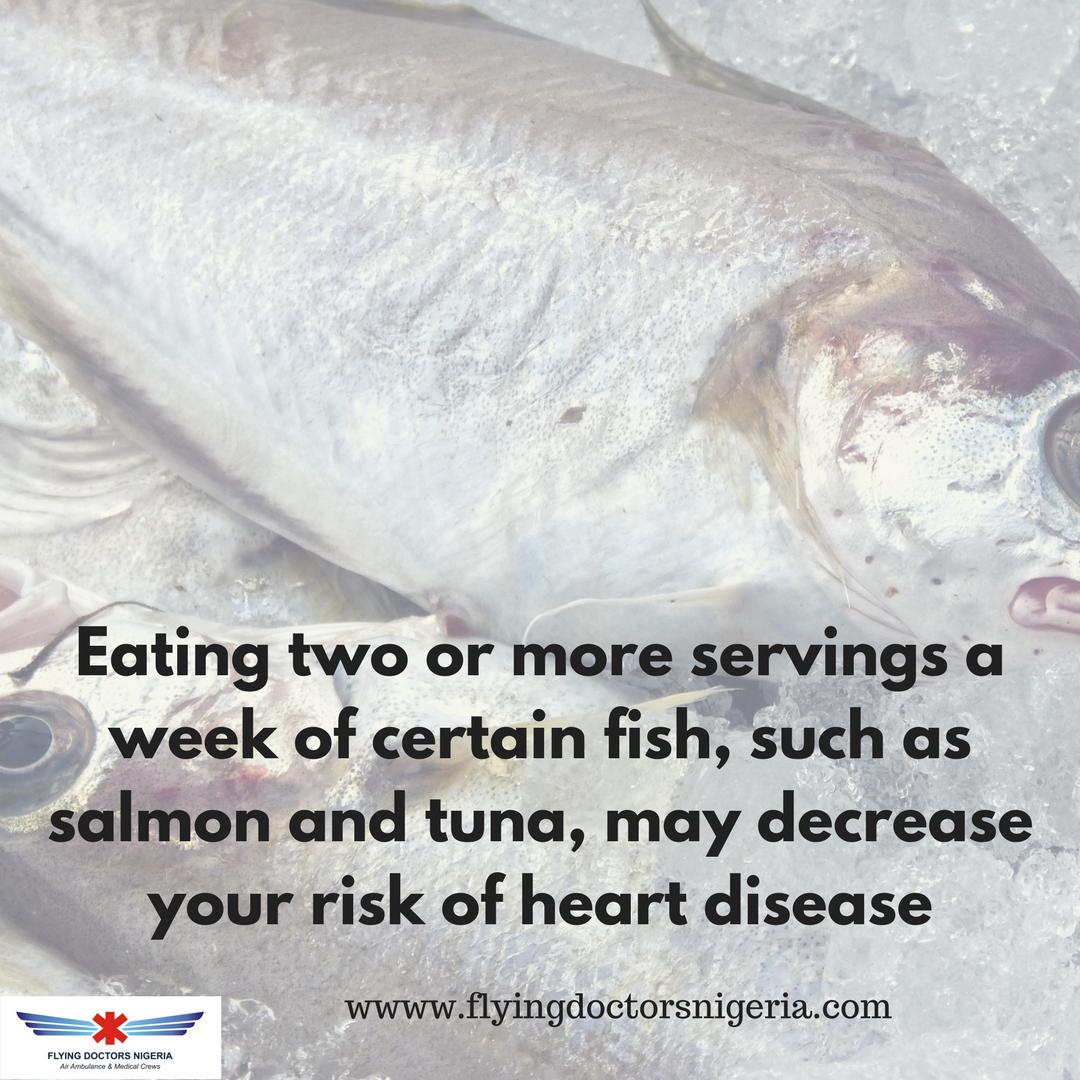

 1. Maintain a healthy weight: Determine whether you are overweight by checking your body mass index. If you are, it can lead to a higher risk of chronic diseases such as cardiovascular disease, diabetes, stroke & certain cancers. Read more bit.ly/2WeGmpn
1. Maintain a healthy weight: Determine whether you are overweight by checking your body mass index. If you are, it can lead to a higher risk of chronic diseases such as cardiovascular disease, diabetes, stroke & certain cancers. Read more bit.ly/2WeGmpn 
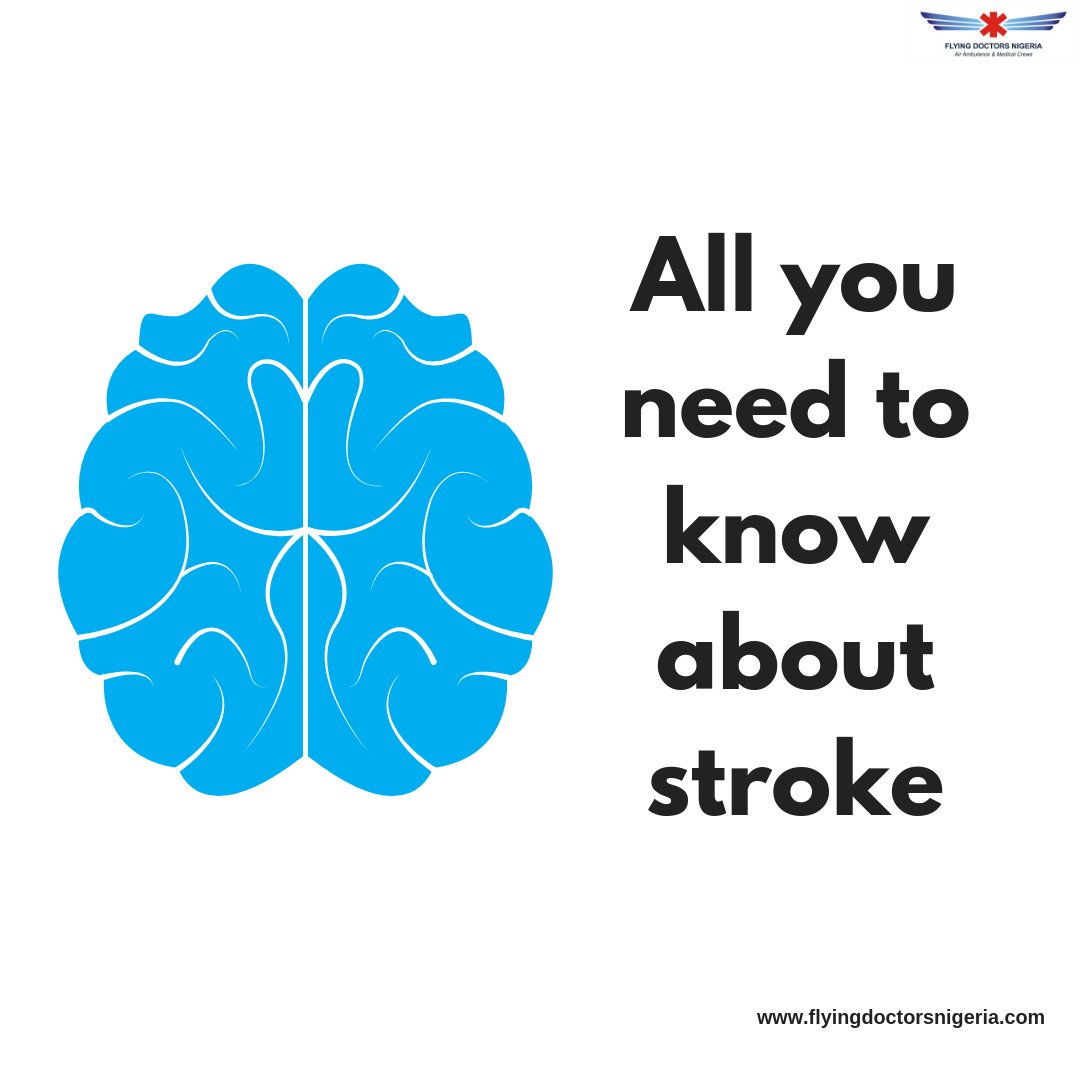
 2. Stroke has a cause. It isn’t just a disease that occurs to anyone. There are actually factors that constitute risk that predisposes a person to stroke.
2. Stroke has a cause. It isn’t just a disease that occurs to anyone. There are actually factors that constitute risk that predisposes a person to stroke. 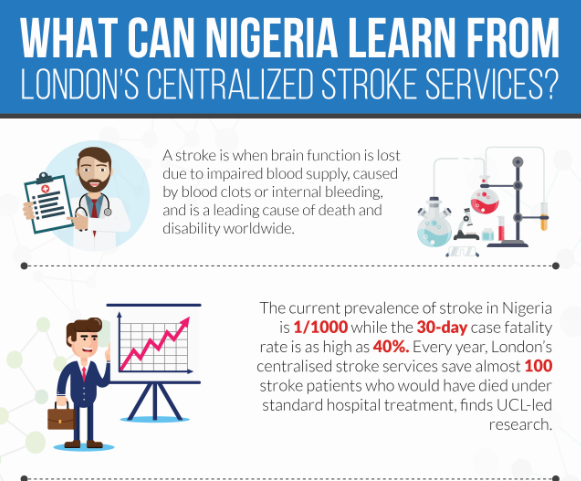

 According to Minna Masor, neurosciences clinical coordinator at Advocate Illinois Masonic Medical Center in Chicago, there are 7 things that you can do to help reduce your chances of having a stroke.
According to Minna Masor, neurosciences clinical coordinator at Advocate Illinois Masonic Medical Center in Chicago, there are 7 things that you can do to help reduce your chances of having a stroke. 

 1. Maintain a healthy weight: Determine whether you are overweight by checking your body mass index. If you are overweight, it can lead to higher risk of chronic diseases such as cardiovascular disease & diabetes. Read our healthy weight loss tips here bit.ly/2D7FOs9
1. Maintain a healthy weight: Determine whether you are overweight by checking your body mass index. If you are overweight, it can lead to higher risk of chronic diseases such as cardiovascular disease & diabetes. Read our healthy weight loss tips here bit.ly/2D7FOs9 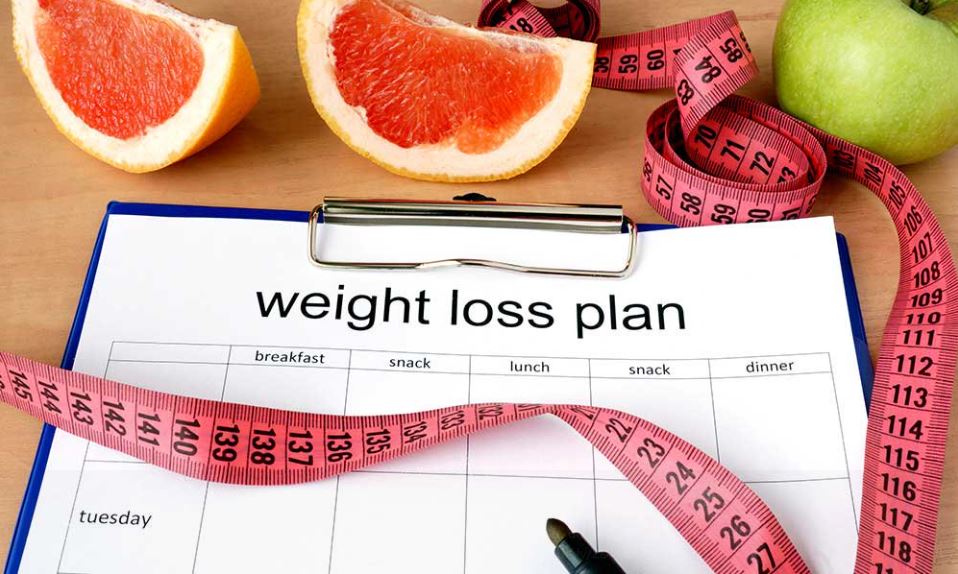

 1. Alcohol: Alcohol often has harmful interactions with prescription medications, over-the-counter drugs, & even some herbal remedies. Alcohol interaction with medications may cause nausea & vomiting, headaches, drowsiness, dizziness e.t.c. Read more bit.ly/2MYpcDJ
1. Alcohol: Alcohol often has harmful interactions with prescription medications, over-the-counter drugs, & even some herbal remedies. Alcohol interaction with medications may cause nausea & vomiting, headaches, drowsiness, dizziness e.t.c. Read more bit.ly/2MYpcDJ 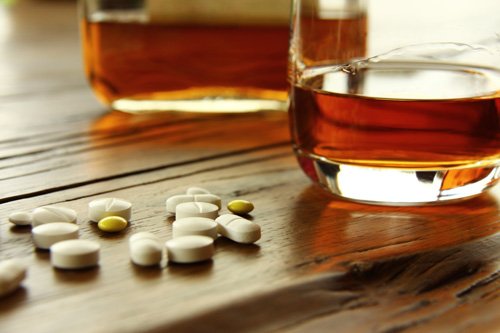
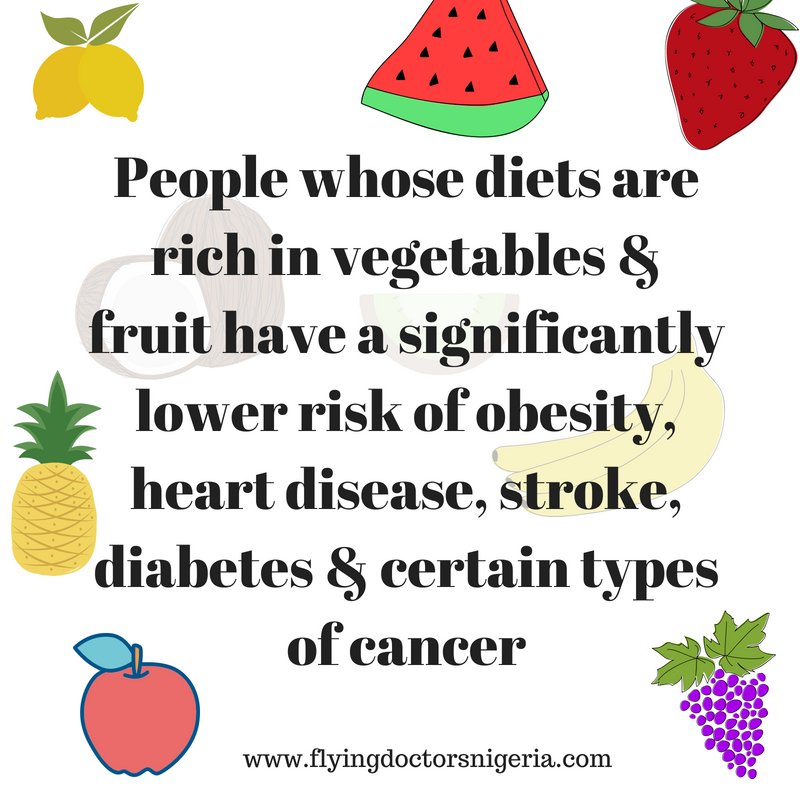
 1. Eat less salt and sugars: When cooking and preparing foods, limit the amount of salt and high-sodium condiments (e.g. soy sauce and fish sauce). Why? Because people whose diets are high in sodium have a greater risk of high blood pressure. Learn more bit.ly/2NXWJ25
1. Eat less salt and sugars: When cooking and preparing foods, limit the amount of salt and high-sodium condiments (e.g. soy sauce and fish sauce). Why? Because people whose diets are high in sodium have a greater risk of high blood pressure. Learn more bit.ly/2NXWJ25 

 1. Eat small, healthy meals frequently: Five small-serving snacks per day is better than three hearty meals. Eating more frequently, and in small servings, can prevent over-eating. Learn more bit.ly/2D7FOs9
1. Eat small, healthy meals frequently: Five small-serving snacks per day is better than three hearty meals. Eating more frequently, and in small servings, can prevent over-eating. Learn more bit.ly/2D7FOs9 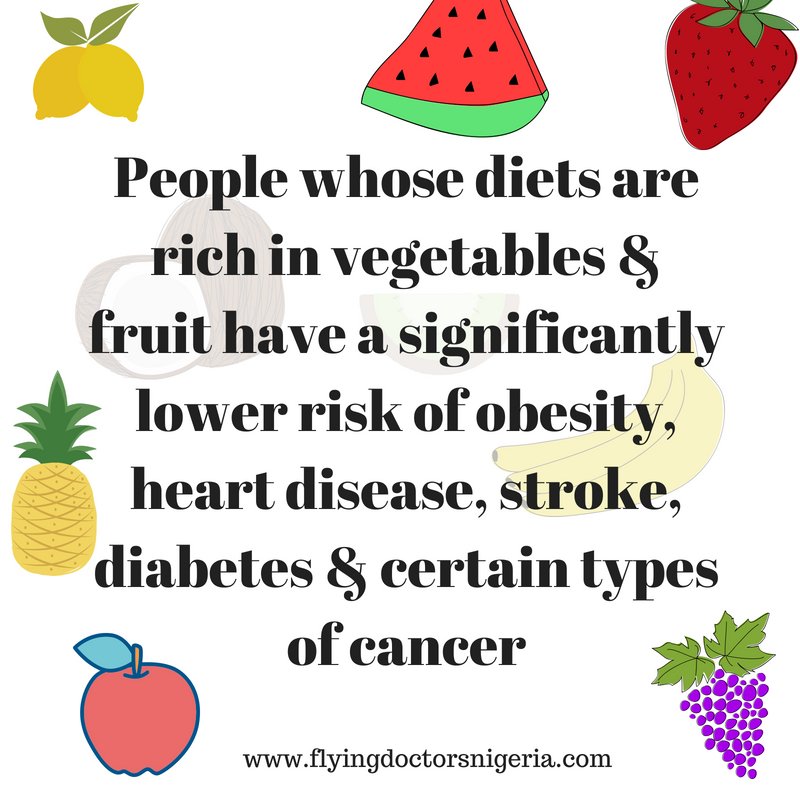
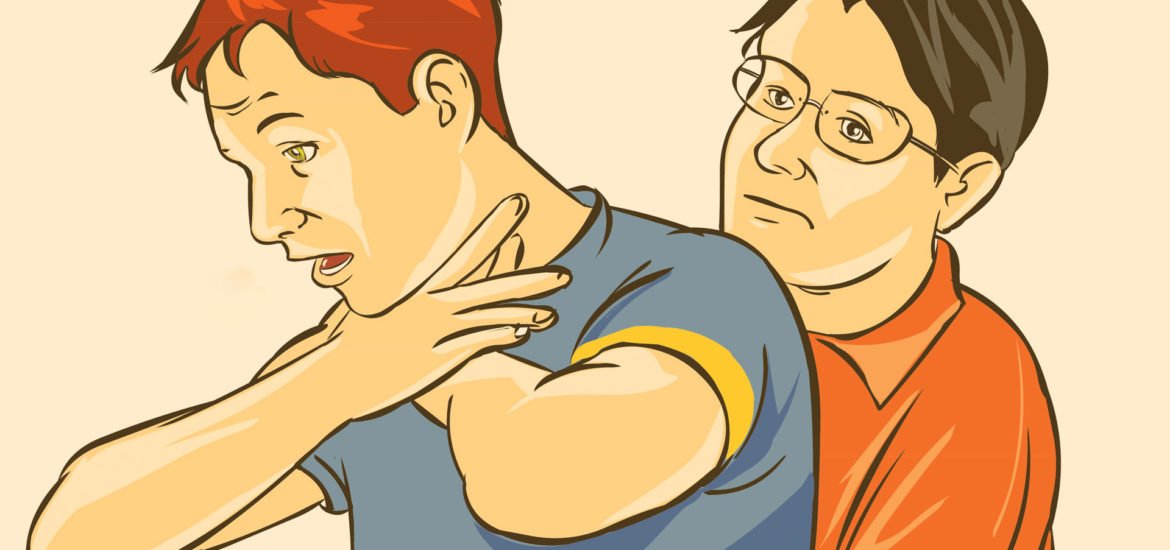
 Step 2: Lean the person forward and give 5 back blows with the heel of your hand. bit.ly/2CrBwMD
Step 2: Lean the person forward and give 5 back blows with the heel of your hand. bit.ly/2CrBwMD 
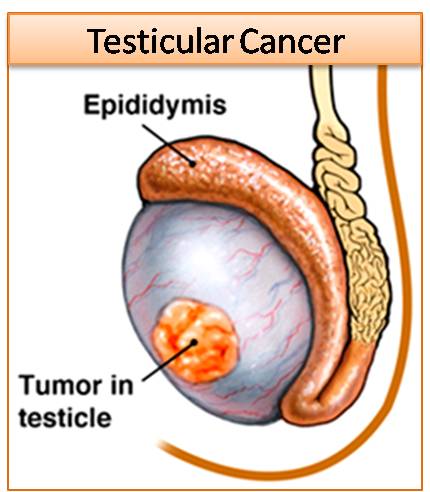
 For unknown reasons, the number of men diagnosed with testicular cancer has been said to increase over the last 40 years. However, death rates continue to slowly decline. Read our article on testicular cancer to learn more bit.ly/2NKhGwn
For unknown reasons, the number of men diagnosed with testicular cancer has been said to increase over the last 40 years. However, death rates continue to slowly decline. Read our article on testicular cancer to learn more bit.ly/2NKhGwn 